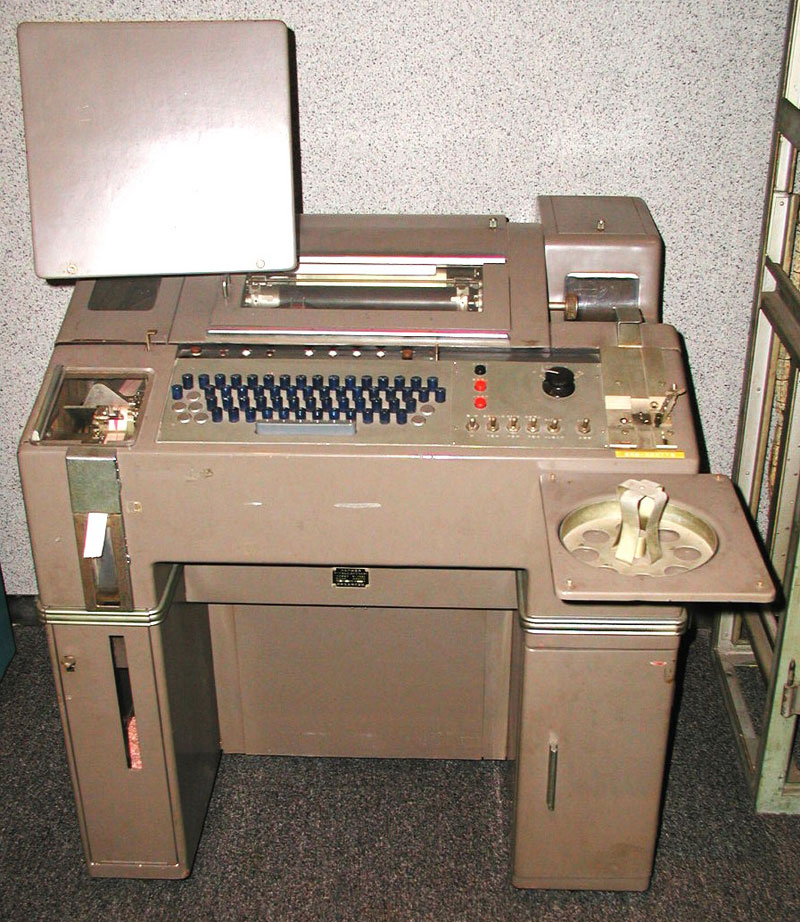

- Word writer machine skin#
- Word writer machine full#
- Word writer machine software#
- Word writer machine code#
Now that spell-checkers are ubiquitous in word-processing software, I’ve stopped even trying to spell anymore-I just get close enough to let the machine guess the word I’m struggling to form. Before spell-checkers, I used spelling rules I learned in elementary school (“ ‘I’ before ‘E’ except after ‘C,’ ” but with fearful exceptions) and folksy mnemonics (“ ‘cemetery’: all at ‘E’s”). I’m awful at spelling, as was my father the inability to spell has a genetic link, according to multiple studies. Really?Īlong with almost everyone else who texts or tweets, with the possible exception of the President of the United States, I have long relied on spell-checkers and auto-correctors, which are limited applications of predictive text. A few days later, in response to a long e-mail from me, I received a “Got it!” from the editor. (I didn’t really get it, but that choice wasn’t on the menu.) I felt a little guilty right afterward, as though I’d replied with a form letter, or, worse, a fake personal note. “Got it!” I clicked, replying to detailed comments from my editor on an article I thought was finished. True, I had sampled Smart Reply, a sister technology of Smart Compose that offers a menu of three automated responses to a sender’s e-mail, as suggested by its contents. On the far shore, I imagined, was a strange new land where machines do the writing, and people communicate in emojis, the modern version of the pictographs and hieroglyphs from which our writing system emerged, five thousand years ago. I will gladly let Google predict the fastest route from Brooklyn to Boston, but if I allowed its algorithms to navigate to the end of my sentences how long would it be before the machine started thinking for me? I had remained on the near shore of a digital Rubicon, represented by the Tab key.
Word writer machine full#
Sometimes the machine seemed to have a better idea than I did.Īnd yet until now I’d always finished my thought by typing the sentence to a full stop, as though I were defending humanity’s exclusive right to writing, an ability unique to our species. was able to accurately predict my intentions, often when I was in midsentence, or even earlier. It was therefore disconcerting how frequently the A.I. Perhaps because writing is my vocation, I am inclined to consider my sentences, even in a humble e-mail, in some way a personal expression of my original thought. seemed to know what I was going to write. One can opt out of Smart Compose easily enough, but I had chosen not to, even though it frequently distracted me. Smart Compose saves users altogether two billion keystrokes a week.

A quarter of the average office worker’s day is now taken up with e-mail, according to a study by McKinsey.
Word writer machine code#
Code contains long strings of identical sequences, so engineers rely on shortcuts, which they call “code completers.” Google thought that a similar technology could reduce the time spent writing e-mails for business users of its G Suite software, although it made the product available to the general public, too.
Word writer machine software#
Paul Lambert, who oversees Smart Compose for Google, told me that the idea for the product came in part from the writing of code-the language that software engineers use to program computers. Hit Tab, and you’ve saved yourself as many as twenty keystrokes-and, in my case, composed a sentence with an A.I. Based on the words you’ve written, and on the words that millions of Gmail users followed those words with, “predictive text” guesses where your thoughts are likely to go and, to save you time, wraps up the sentence for you, appending the A.I.’s suggestion, in gray letters, to the words you’ve just produced. Smart Compose suggests endings to your sentences as you type them.
Word writer machine skin#
The skin prickled on the back of my neck, an involuntary reaction to what roboticists call the “uncanny valley”-the space between flesh and blood and a too-human machine.įor several days, I had been trying to ignore the suggestions made by Smart Compose, a feature that Google introduced, in May, 2018, to the one and a half billion people who use Gmail-roughly a fifth of the human population. What have I done? Had my computer become my co-writer? That’s one small step forward for artificial intelligence, but was it also one step backward for my own? I glanced down at my left thumb, still resting on the Tab key.


 0 kommentar(er)
0 kommentar(er)
